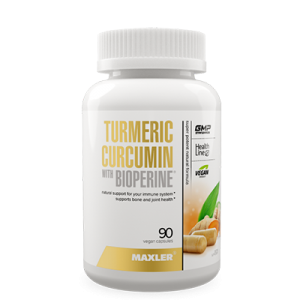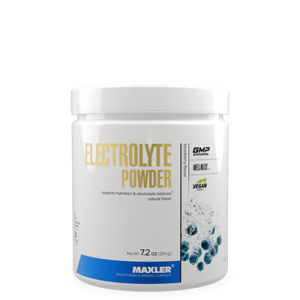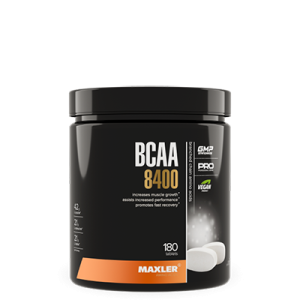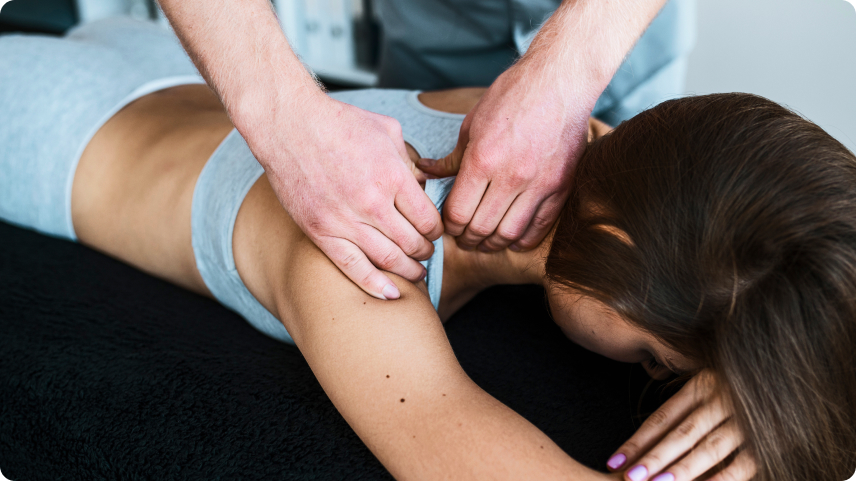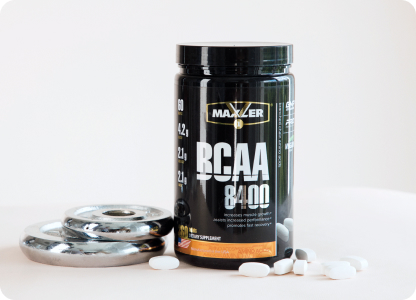Ever felt sore muscles after a workout? Yeah, us too. While exercise is a key component of a healthy lifestyle and is necessary for a healthy body, the soreness afterward can be a real bummer. A lot of the discomfort you might feel after a workout has to do with inflammation. But it’s not all bad news – inflammation is an important part of your muscles recovering and strengthening. So, if you’re looking to see how to manage post-workout inflammation, we’ve got 6 easy ways to do so.
The multiple roles of inflammation
Let’s talk about inflammation. The word gets a bad rep – it’s simply a process that happens in the body naturally, and it’s not always a bad thing. When we exercise, our muscles experience stress, which can be one of the causes of muscle inflammation. That’s why muscles feel sore after a workout. The type, length of exercise, and how fit you are all affect the strength of inflammation. The process helps our muscles repair themselves and adapt to exercise over the long term1.
6 top tips for managing it easily
Ready to help yourself deal with the discomfort and learn what helps sore muscles after a workout? We’ve assembled 6 easy ways you can help muscle soreness after a workout:
01 Eat the right things
Your nutrition after an intense training session is key for helping you manage inflammation. Make sure you’re following the basic guidelines for recovery, ensuring to eat some protein and carbohydrates to support muscle repair and glycogen replenishment.
Additionally, add foods into your routine that contain compounds that help lower inflammation2:
- Foods with vitamins C and E, like oranges, peppers, and nut oils.
- Tart cherry juice, which is full of beneficial polyphenols.
- Pomegranate juice, which has polyphenols and supports recovery after resistance training.
- Curcumin – the beneficial compound from turmeric, it can help with lowering inflammation. Try Turmeric Curcumin with BioPerine for a highly bioavailable dose.
- Curcumin Omega-3 is a great way to get some high-quality curcumin that’s absorbed well.
- Fatty fish and nuts that have omega-3 – eating omegas regularly can help with recovery.
02 Rest correctly
One of the best ways to help ease feeling sore after a workout is to rest. But that doesn’t mean sitting on a couch watching Netflix until the discomfort dies down. Ensure you take rest days to allow the muscles to repair. Pay attention to proper sleep hygiene and investigate improving your sleep practices if you struggle with that.
Additionally, active rest that involves light cardiovascular exercise, like a swim or a walk can be beneficial due to improved circulation.
03 Release those muscles with a massage
A great way to help sore muscles after a workout is through massaging them. The motions help to warm up the muscle, support circulation and help relieve soreness3. You don’t have to get a fancy massage – self-massage can be a great option. Alternatively, use a foam roller.
04 Improve circulation with hot and cold
Another way to support the reduction of muscle inflammation after exercise is through temperature therapy. This means that you apply a hot pack or a cold compress to the muscles, or immerse yourself in cold or hot water.
Cold helps reduce swelling, while heat supports circulation. You may be better off using heat in the first 48 hours after your training, and cold if the pain persists over 48 hours4.
05 Stay hydrated
Another simple way to lower muscle soreness is to remain well-hydrated. Dehydration can lengthen the time it takes for muscles to recover, and it can increase pain perception5. Therefore, if you’re exercising intensely, ensure you’re staying hydrated.
Electrolyte drinks can be a great way to do so – add Electrolyte Powder to your shaker or water bottle and sip as you work out. The electrolytes help you absorb water more efficiently and replenish key minerals.
06 Add in a few supplements
Finally, if you’re struggling with muscle soreness and would like to improve inflammation, consider supplements. Amino acids can be a great help in managing this and supporting recovery.
BCAAs are a subset of amino acids that can lower muscle damage, supporting recovery6. Try BCAA 8400 ffor a high dose of BCAAs in a convenient tablet form. Creatine may also be a useful way to lower muscle damage and improve soreness7.
L-glutamine is an amino acid that our body needs more of during stress, such as during exercise. It can ease muscle soreness8. Try adding 100% Pure Glutamine to your routine regularly to help you with the discomfort.
Inflammation is a necessary step on the way to improved muscle strength and function. However, you don’t have to just grin and bear the discomfort. Ensure you’re nourishing and hydrating your body and using a few recovery-boosting techniques and supplements. This way, you can take control of your muscle inflammation and rise to new fitness challenges.

